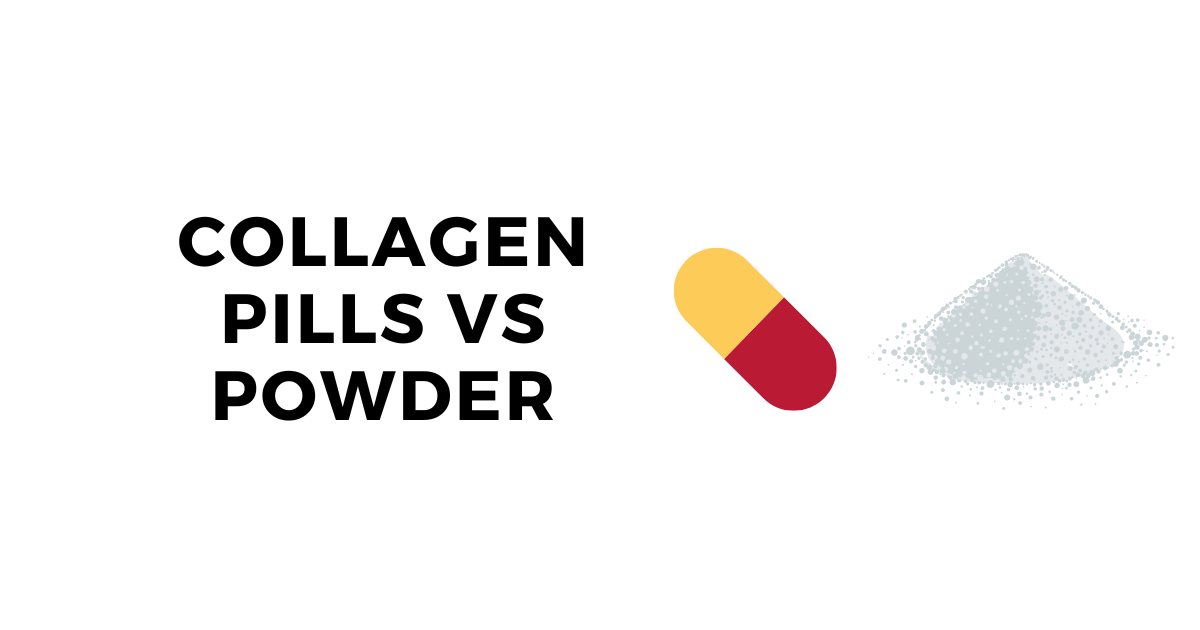
Collagen Powder vs Pills: Comparison, Pros, Cons, Which is Better
Collagen Powder vs Pills
Picture this: me, standing in the supplement aisle, staring at rows upon rows of collagen products, completely baffled. Should I go for the trendy packaging? What's the deal with collagen powder vs pills?
After some trial and error, I finally found my winning combo: collagen pills and a secret collagen weapon I'll reveal later (spoiler alert: it involves beef broth).
Join me as I spill the beans on my collagen escapades and uncover the fantastic benefits of collagen pills versus powder.
Oh, and let's not forget about the other unexpected sources of collagen that sneaked their way into my diet. Trust me, folks, this is a collagen saga you won't want to miss!
So, grab your favorite collagen-infused beverage (coffee, anyone?), sit back and get ready to soak up the knowledge. It's time to unravel the wonders of collagen and find out which form reigns supreme. Let the collagen showdown begin!
|
Factors |
Collagen Pills |
Collagen Powder |
|
Taste and aftertaste |
Generally tasteless |
Can be mixed with other flavors |
|
Convenience |
Easy to consume on-the-go |
Requires mixing and measuring |
|
Dosage control |
Pre-measured dosage |
Customizable dosage |
|
Absorption rate |
Slower absorption rate |
Faster absorption rate |
|
Versatility |
Limited options in terms of flavors |
Wide range of flavors and uses |
|
Price |
More expensive per serving |
Cheaper per serving |
|
Dietary restrictions |
May contain fillers or additives |
Pure collagen protein |
|
Best use |
On the go |
Smoothies, beverages, cooking |
What is the best form of collagen?
When it comes to collagen, the best form for you depends on your personal preferences and needs. Both collagen pills and powder have their advantages, so let's discuss them and help you make an informed decision.
Collagen pills are a convenient option. You can simply take them with water, no mixing or measuring required. They are easy to include in your daily routine, especially if you're always on the go. Just pop a pill and you're good to go.
On the other hand, collagen powder offers versatility. You can easily mix it into your favorite beverages or foods, such as smoothies, coffee or even baked goods. This allows you to customize your collagen intake to suit your tastes and preferences.
The choice between pills and powder also depends on your digestion preferences. Some people find it easier to swallow a pill, while others prefer the versatility and absorption of powder. Think about what works best for you and your body.
It's worth noting that collagen pills and powder both provide similar benefits. The best collagen supplements can tighten up that pesky sagging skin, promote joint mobility and contribute to overall well-being.

How do collagen pills work?
Collagen pills work by providing your body with an external source of collagen peptides. These peptides are essentially small protein chains that are made from collagen.
When you take collagen pills, the peptides are broken down and digested in your stomach and intestines. From there, they are absorbed into your bloodstream and distributed throughout your body.
Once the collagen peptides are absorbed, they can reach the deeper layers of your skin, joints, bones and other connective tissues. These peptides then provide the necessary building blocks for your body to produce its own collagen.
Skin Health Benefits
Collagen is a crucial protein that plays a vital role in maintaining the structural integrity and elasticity of your skin, as well as supporting the health of your joints, tendons and bones.
As we age, our natural collagen production decreases, which can lead to signs of aging and reduced joint flexibility.
By taking collagen pills, you are essentially supplementing your body's collagen levels. This can help support and replenish your natural collagen stores, promoting skin elasticity, joint health and overall well-being.
It's important to note that collagen pills may take some time to show noticeable effects, as the process of collagen synthesis and repair takes time. Consistency in taking the pills as directed is key to achieving potential benefits.
Comparing the Pros and Cons of Using Collagen Powder vs Pills
Comparing the pros and cons between pills and powder, you'll notice that pills are about convenience and ease of use while powder is about flavor, versatility and cost savings.
1. Pills are easier to take than collagen powder
When it comes to ease of use, collagen pills do have an advantage over collagen powder. Taking a pill is as simple as swallowing it with water, requiring no additional preparation or mixing.
This convenience makes pills a preferred choice if you're always on the go (like me) or prefer a quick and hassle-free method of supplementation.

Collagen pills are pre-measured and packaged, which makes it easier to control your dosage. You simply need to follow the recommended serving size specified on the packaging.
The last thing Iove about pills are that they're more portable. I routinely place the pill bottle in my gym bag or car because I literally always forget to take them at home.
For some reason I easily take them on the go. as they come in compact containers that can be easily carried in a bag or purse.
2. Pills may be more bioavailable than collagen powder
Bioavailability refers to how easily and effectively a substance is absorbed and utilized by your body. In the case of collagen pills, the collagen peptides are already in a pre-dissolved form, making them more readily available for digestion and absorption unless you are very thorough when dissolving the powder.
Collagen powder requires additional steps for digestion and absorption. It needs to be mixed with liquid and dissolved before it can be absorbed by your body. This additional process may result in slightly lower bioavailability compared to collagen pills.
That being said, don't panic if you have powder. You can simply make sure that you mix it properly and it will be just as effective as pills in your body.
A large review of Oral Collagen Supplementation published in the Journal of Drugs in Dermatology in 2019 found oral collagen supplements to be effective for skin health, bone healing and joint pain (1).
3. Powder is more affordable than collagen capsules
Powder is more affordable than collagen pills That means you can get your daily dose of collagen without breaking the bank.
If you think about it, collagen pills require extra processing to get the peptides into the pill as well as extra materials that make up that actual pill.

This adds necessary cost, but you get convenience for your money. The nice thing about pills is that you don't need to worry about measuring out the right amount or running out of powder too quickly.
The other cost savings benefit of powder is that they are often available in larger quantities, you can save some extra bucks by buying in bulk.
You can also read my list of the best collagen supplements for skin, joints and more to find bulk options
Collagen pills often comes in smaller containers that can run out faster. So, if you're looking for a cost-effective option that won't leave your wallet feeling light, collagen powder might be the way to go. Powder offers convenience, savings and a dose of collagen goodness—all in one package.
4. Pills may be more convenient than collagen powder
When it comes to convenience, collagen pills may have an advantage over collagen powder for you. Taking a pill is a simple and straightforward process. You just need to swallow it with water, requiring no additional mixing or preparation.
Collagen powder may require more effort and time to incorporate into your routine. You need to mix it with liquid or add it to foods, which can be more involved and time-consuming. This extra step may not be as convenient if you have a busy lifestyle or prefer a simpler approach.
The portability factor also leans towards collagen pills. They come in compact containers that are easy to carry in your bag or purse, allowing you to take them with you wherever you go.
Collagen powder, on the other hand, may require additional packaging or containers to ensure it stays fresh and easily transportable. Any barrier to taking it means you're less likely to reap the benefits for your health.
5. Powder may be easier to mix into food and drinks
Collagen powder offers greater versatility in terms of how you can incorporate it into your daily routine. You can simply mix it into a variety of beverages like smoothies, coffee or tea, allowing you to customize your collagen intake to suit your taste preferences.
Additionally, you can easily add collagen powder to foods like yogurt, oatmeal or baked goods, expanding your options for incorporating collagen into your diet.

This flexibility gives you the freedom to experiment with different recipes and find enjoyable ways to include collagen in your meals and snacks.
It can be a convenient and seamless addition to your existing eating habits, making it easier to incorporate collagen into your routine without feeling like you're adding an extra step.
6. Pills may be easier to store and keep fresh
Collagen pills typically come in compact containers that are designed to keep them protected and maintain their freshness over time. These containers are often travel-friendly and can easily fit into your bag or purse without taking up much space.
With collagen pills, you don't have to worry about keeping the powder in a separate container or finding a suitable storage solution. The pre-packaged nature of pills ensures that they remain convenient and easy to store, allowing you to maintain a consistent supply of collagen without the need for additional measures.
7. Powder may be more easily digested than collagen powder
Collagen powder is designed to be mixed with liquids or added to food, allowing it to be broken down and dissolved before being absorbed into your system.
This form of collagen in powder can potentially enhance its digestion and absorption compared to collagen pills.
But it's because you are typically mixing it with other nutrients, vitamins and minerals that assist in digestion.
The process of mixing collagen powder with liquid or food helps to break it down into smaller particles, making it easier for your body to digest and utilize the collagen peptides effectively.
By ensuring that the collagen is properly dissolved and broken down before consumption, you may experience better absorption and utilization of the collagen's beneficial properties.
This means less potential collagen side effects.
8. Powder is better for baking and cooking
Collagen powder can be easily incorporated into a wide range of recipes, allowing you to enjoy the benefits of collagen while preparing delicious meals and treats.
When it comes to baking, collagen powder can be added to various baked goods such as muffins, cookies, cakes or bread. It can enhance the nutritional content of your baked goods, providing an extra boost of collagen protein.
Unlike other protein powders that leave baked goods dense, spongey and chalky, collagen seems to work really well because of the lower molecular weight.
I love adding a few scoops to my famous protein muffin recipe. It's good enough for my wife, so that has to be worth something.
In cooking, collagen powder can be mixed into soups, stews, sauces orr even blended into smoothies. Its neutral flavor allows it to seamlessly integrate into your favorite recipes without altering the taste significantly.
But remember that if you don’t like the options in my list of foods high in collagen, you can just add some to whatever you do like to eat.
9. Pills are easier to control exact dosage
Collagen pills come pre-measured, with each pill containing a specific amount of collagen. This makes it convenient to accurately track and control your collagen intake.
With collagen pills, you simply need to follow the recommended serving size specified on the packaging. This ensures that you are consistently taking the desired amount of collagen without the need for additional measurements or calculations.
This precise dosing is particularly beneficial if you have specific dosage requirements or if you prefer a more structured approach to your collagen supplementation.
Capsules allow you to easily incorporate collagen into your daily routine while ensuring that you are getting the intended amount.
10. Powder can have delicious flavors (for some people)
Collagen powder often comes in a variety of fun flavors, such as chocolate, vanilla, berry or even unflavored options. This offers a pleasant taste experience and makes it more enjoyable to incorporate collagen into your routine.
If you appreciate a burst of flavor in your beverages or recipes, flavored collagen powder can add a delightful twist to your favorite drinks, smoothies or recipes.
It can make consuming collagen a more enjoyable and satisfying experience, especially for those who prefer a little extra taste in their daily routine.
Collagen Powder and Collagen Pills Similarities
Collagen powder and pill similarities are that they both have the same peptides and amino acids and both can have other active ingredients like biotin, vitamin C and hyaluronic acid.
Both contain collagen peptides
Collagen peptides are small amino acid chains that are derived from collagen protein. They are the active components responsible for the potential benefits associated with collagen supplementation.
Collagen peptides are known for their ability to support the health and maintenance of various tissues in your body, including your skin, joints, bones and more.

Whether you choose collagen powder or collagen pills, you can rest assured that both options provide you with the collagen peptides you need to support your overall well-being.
These collagen peptides are typically sourced from animal products, such as bovine or marine collagen, and are carefully processed to ensure their purity and quality.
By incorporating collagen peptides into your daily routine, you can potentially enjoy the benefits that collagen offers, such as improved skin elasticity, joint support and overall tissue health.
A review published in 2022 in the Oxford Academic found that collagen had benefits for connective tissue and joints (2)
Both can have added ingredients
While the main component of both collagen powder and pills is peptides / amino acids, manufacturers may choose to include additional ingredients to enhance the product or provide additional benefits. These added ingredients can vary depending on the brand and specific formulation.
For example, collagen powder may include anything from flavors, sweeteners or natural additives to enhance the taste and palatability of the powder.
It can also contain other beneficial ingredients such as vitamin C, hyaluronic acid, biotin or even additional types of protein to provide a more comprehensive nutritional profile.
Lots of brands blend it with bone broth protein because of the unique benefits of bone broth.
Pills might have more binders
Similarly, collagen pills may include additional ingredients to aid in the manufacturing process, improve stability, or enhance absorption. These ingredients can include binders, fillers, coatings or even encapsulating materials.
It's important to read the product labels and ingredient lists carefully when selecting collagen powder or pills to ensure that you are aware of any added ingredients.
This can help you make an informed decision and choose a product that aligns with your dietary preferences and potential sensitivities or allergies.
Keep in mind that added ingredients aren’t always bad. A study published in 2019 by the National Library of Medicine found that a drinkable supplement with collagen and other ingredients including acerola fruit extract, vitamin C and zinc was effective at improving skin (3).
Which is better, collagen powder or pills?
Alright, listen up folks! So, I've been on this collagen journey, trying out both the powder and the pills, and let me tell you, the verdict is in: pills all the way, baby!
But that's not all—I've discovered some secret collagen sources that fit right into my diet, like beef broth. Let me break it down for you in a casual, fun tone.
First things first, convenience is key! No fussing around with measurements or mixing powder into a questionable concoction. Pills are the superheroes of convenience, perfect for busy bees like myself.
Now, let's talk about taste. I have to admit, collagen powder just didn't tickle my taste buds the way I hoped. Mixing it with liquid or food made me go "meh." But pills? No taste, no texture issues. Just swallow 'em down like a champ, and you're good to go. Easy peasy!
Sure, collagen powder packs a punch, but relying solely on it for my collagen fix felt a bit limiting. That's when I discovered the taste and nutrition of beef broth. Talk about a tasty collagen boost!
Of course, it all depends on what YOU need from collagen.
Which type of collagen supplement should you use?
There's three main types of collagen powder you can use: powder, pills and bone broth. Bone broth might sound like a surprising addition to you, but bear with me. I'll explain that and a lot more below.
1. Collagen Powder
Collagen powder is easier to consume than pills and can be easily mixed with your favorite beverage or food. Collagen powder can be customized to your needs as you can adjust the serving size to suit your requirements.
Collagen powder is more versatile. It’s great in smoothies, baked goods and soups. Lastly, collagen powder does not contain any additional fillers or binders that may be present in pills.
2. Collagen Pills
Collagen pills are a convenient and effective way to improve the health and appearance of your skin, hair and nails. Unlike collagen powder, pills are easy to take and require no preparation or mixing.
They also provide a precise dosage, so you can be sure you're getting the right amount of collagen for your needs. Collagen pills are more portable than powder, making them a great option for busy people who are always on the go.
Looking for a supplement recommendation? Read my guide to finding the best collagen powder for weight loss.
3. Bone Broth
Bone broth is a natural source of collagen that provides numerous benefits for your skin, hair and nails. Unlike collagen pills or powder, bone broth is a whole food that contains other important nutrients like minerals, amino acids and gelatin.

This combination of nutrients helps to support healthy digestion, joint health and immune function, in addition to promoting healthy skin, hair and nails.
Bone broth is also a great option for those looking for a more sustainable and affordable way to incorporate collagen into their diet.
So if you're looking for a natural and nutrient-rich source of collagen, consider adding bone broth to your diet.
What forms of collagen are available in powder and pill form?
- Type I Collagen: This is the most common type of collagen found in the body, responsible for the strength and elasticity of our skin, bones, tendons and ligaments. You can find Type I collagen in both powder and pill form. It's usually sourced from bovine (cow), marine (fish) or porcine (pig) collagen.
- Type II Collagen: This type of collagen is primarily found in cartilage and is crucial for joint health. It's commonly used in collagen supplements targeting joint support. Type II collagen is often available in pill form.
- Multi-Type Collagen: Some collagen supplements combine multiple types of collagen to provide a broader range of benefits. These formulations may contain a combination of Type I, II, III and/or other types of collagen. Multi-type collagen is available in both powder and pill form.
What is the recommended dosage of collagen pills?
2.5–15 grams of hydrolyzed collagen peptides each day was found safe and effective in a study published in 2019 by the National Library of Medicine (4).
However, the recommended dosage of collagen pills can vary depending on several factors, including the specific brand, the type of collagen and the intended purpose of supplementation.
It's important to follow the instructions provided by the manufacturer or consult with a healthcare professional for personalized advice.
If no specific dosage instructions are provided, a common starting point is taking around 1,000 to 2,000 milligrams (1 to 2 grams) of collagen per day.
This is a very conservative does, you can probably start a bit higher at 5 grams, but best to talk to a registered dietician.
Higher doses, up to 15 g a day were not problematic and resulted in improved joint functionality in athletes, older people and pre-menopausal women who were not athletes, according to study published in Springer in 2021 (5).
Collagen supplements are generally considered safe, but it's always a good idea to start with a lower dosage and observe how your body responds. If you experience any adverse effects or have concerns, it's best to consult a healthcare professional.
Can I take collagen pills and powder together?
Absolutely! There's no rule against taking collagen pills and powder together. In fact, combining the two can be a great way to maximize your collagen intake and enjoy the benefits from different sources. Here's how you can go about it:
- Follow recommended dosages: Start by following the recommended dosages provided by the manufacturer for both the collagen pills and powder. It's important not to exceed the recommended amounts unless otherwise advised by a healthcare professional. Start here to learn dosage and timing.
- Incorporate them into your routine: You can take collagen pills as directed, typically with water or a beverage of your choice. As for the collagen powder, you can mix it into your favorite liquids, such as water, juice, smoothies, or even coffee. Be sure to stir or shake well to ensure it's properly blended.
- Consider timing: You can take collagen pills and powder at different times of the day or even together, depending on your preference. Some people find it convenient to take pills in the morning and mix the powder into their post-workout shake or evening routine. Find a schedule that works best for you.
- Assess your collagen intake: If you're taking both collagen pills and powder, keep track of the total collagen intake you're getting from each source. This will help ensure you're not exceeding your desired daily intake and allow you to adjust accordingly.
Sources
- https://jddonline.com/articles/oral-collagen-supplementation-a-systematic-review-of-dermatological-applications-S1545961619P0009X/
- https://academic.oup.com/nutritionreviews/article/80/6/1497/6380930
- https://www.ncbi.nlm.nih.gov/pmc/articles/PMC6835901/
- https://pubmed.ncbi.nlm.nih.gov/31096622/
- https://link.springer.com/article/10.1007/s00726-021-03072-x
Disclaimer: this information is for educational purposes only and has not been evaluated by the FDA or CFIA. It is not intended to diagnose, treat, cure, or prevent any disease. Please consult your primary care physician for advise on any of this.

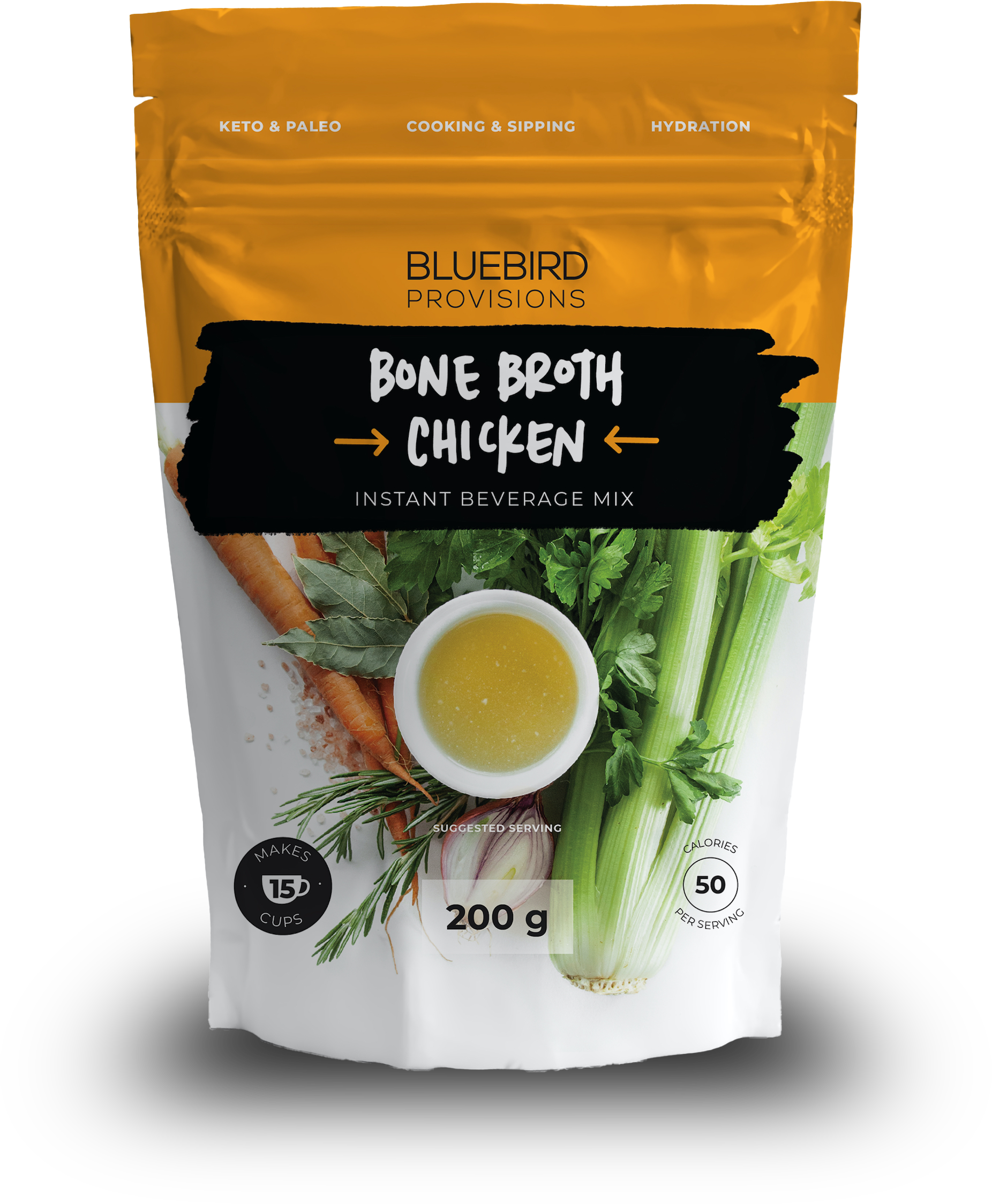
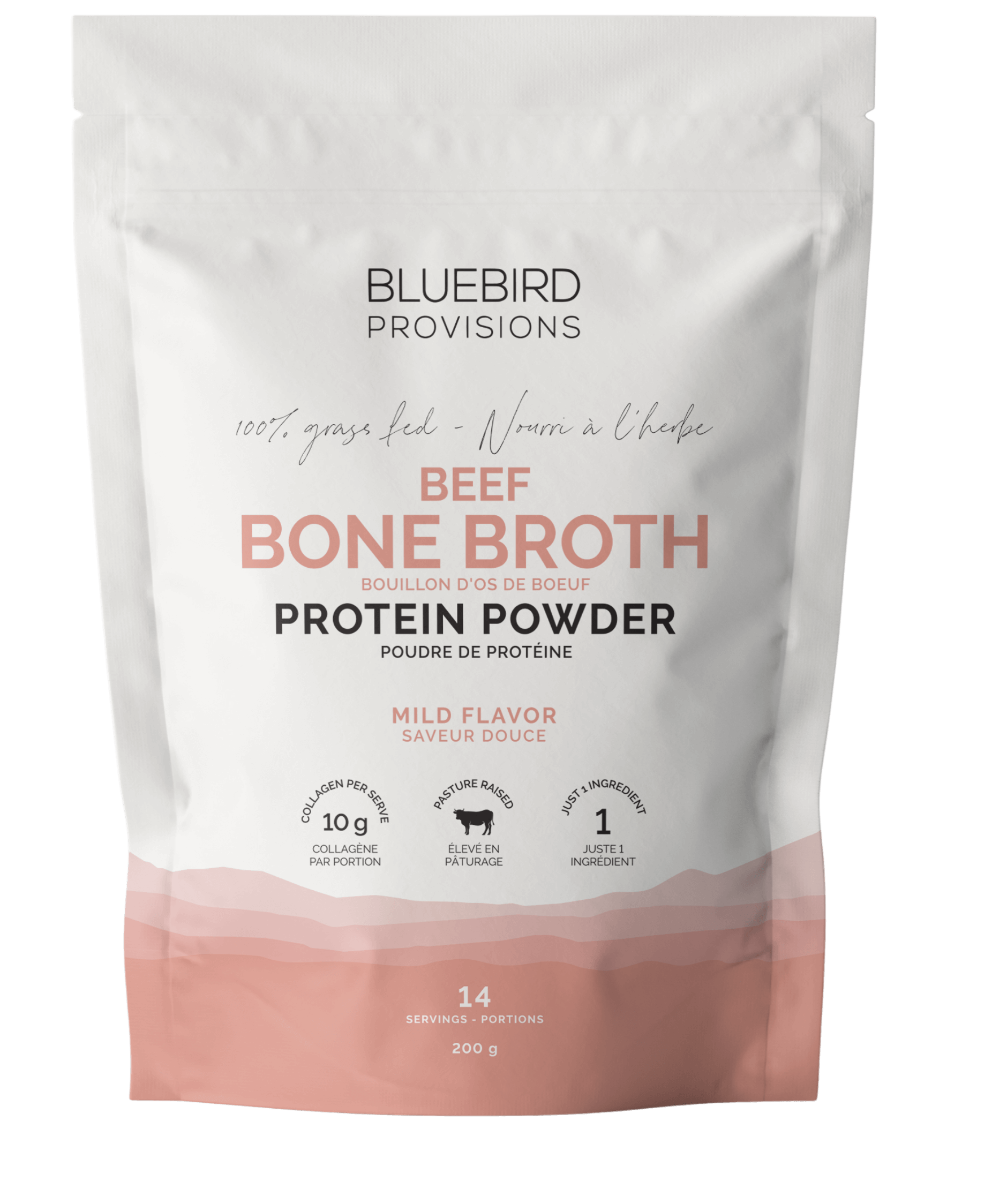

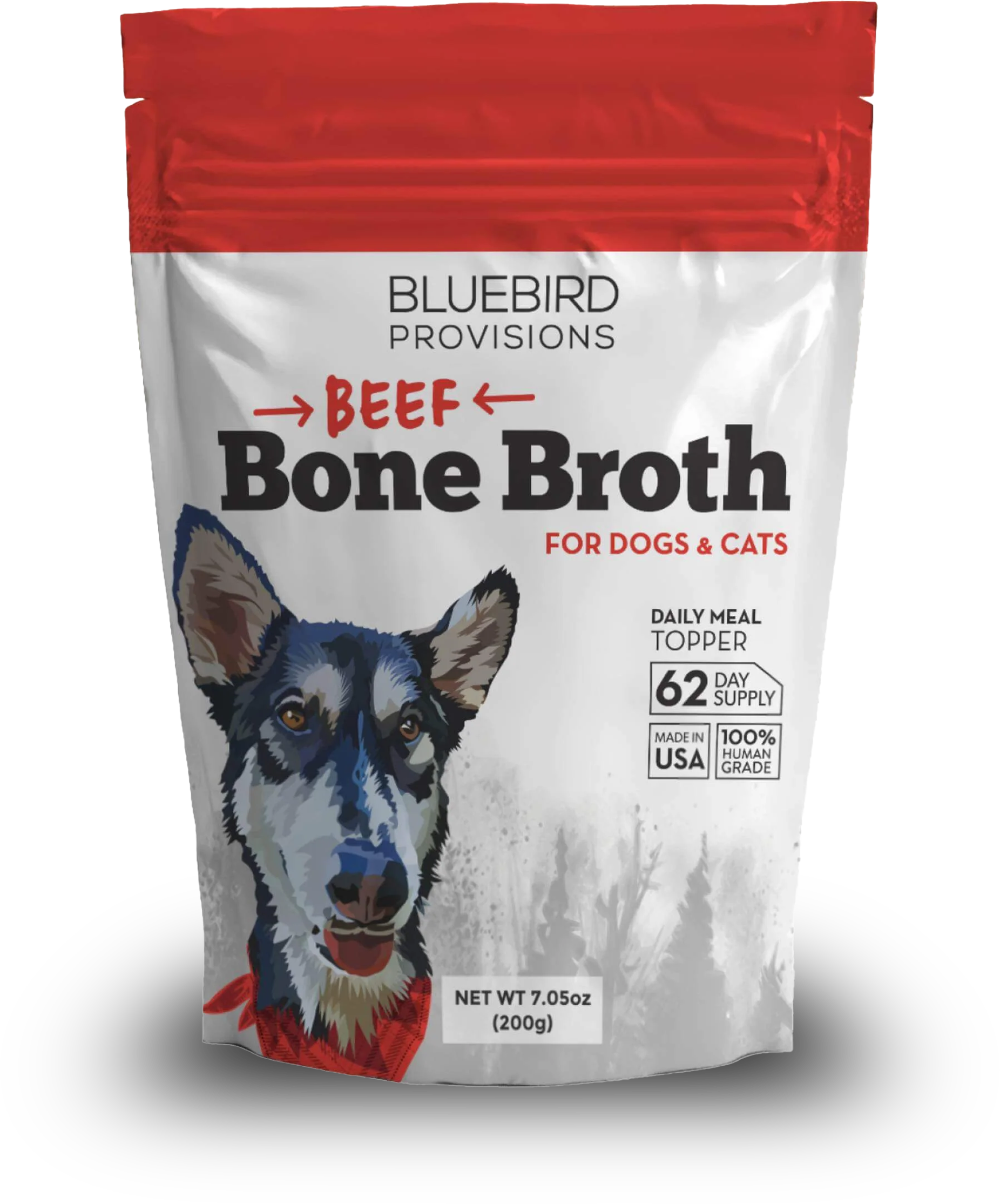

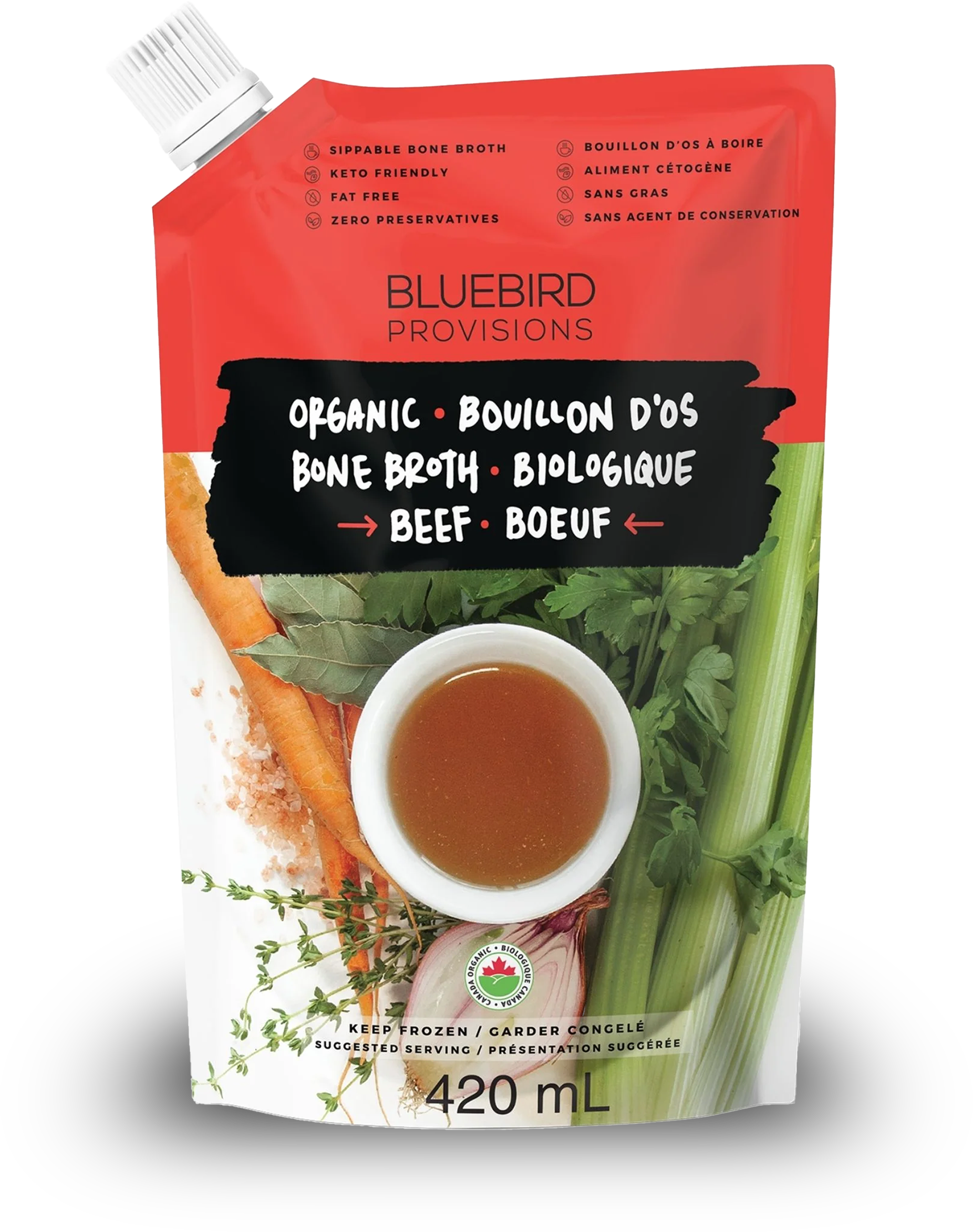

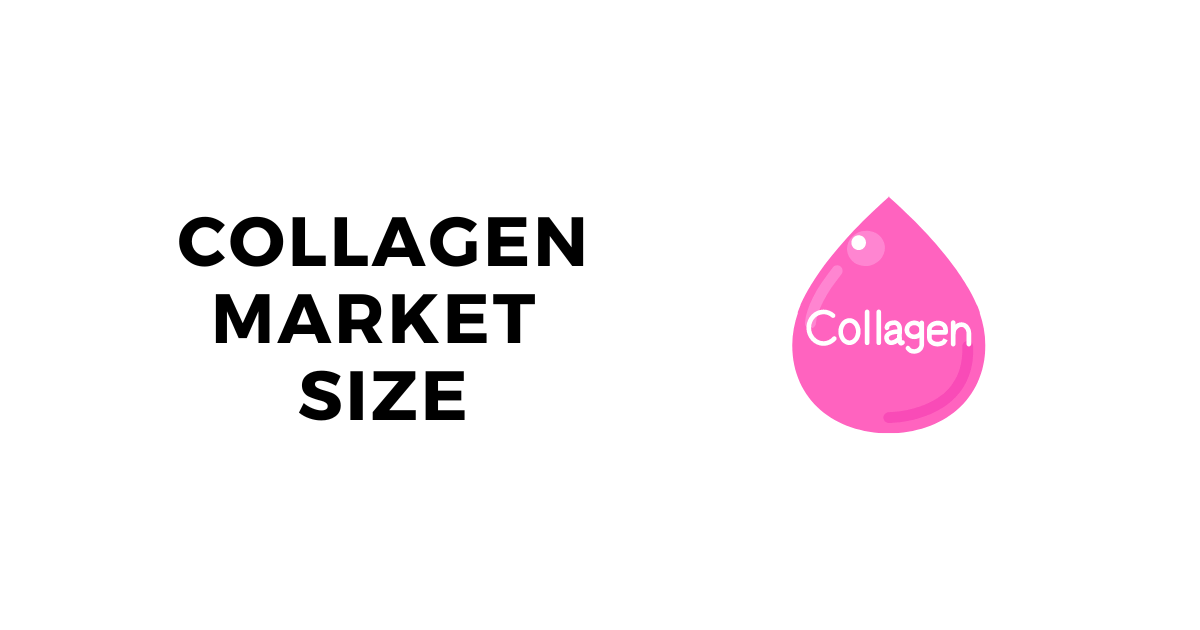
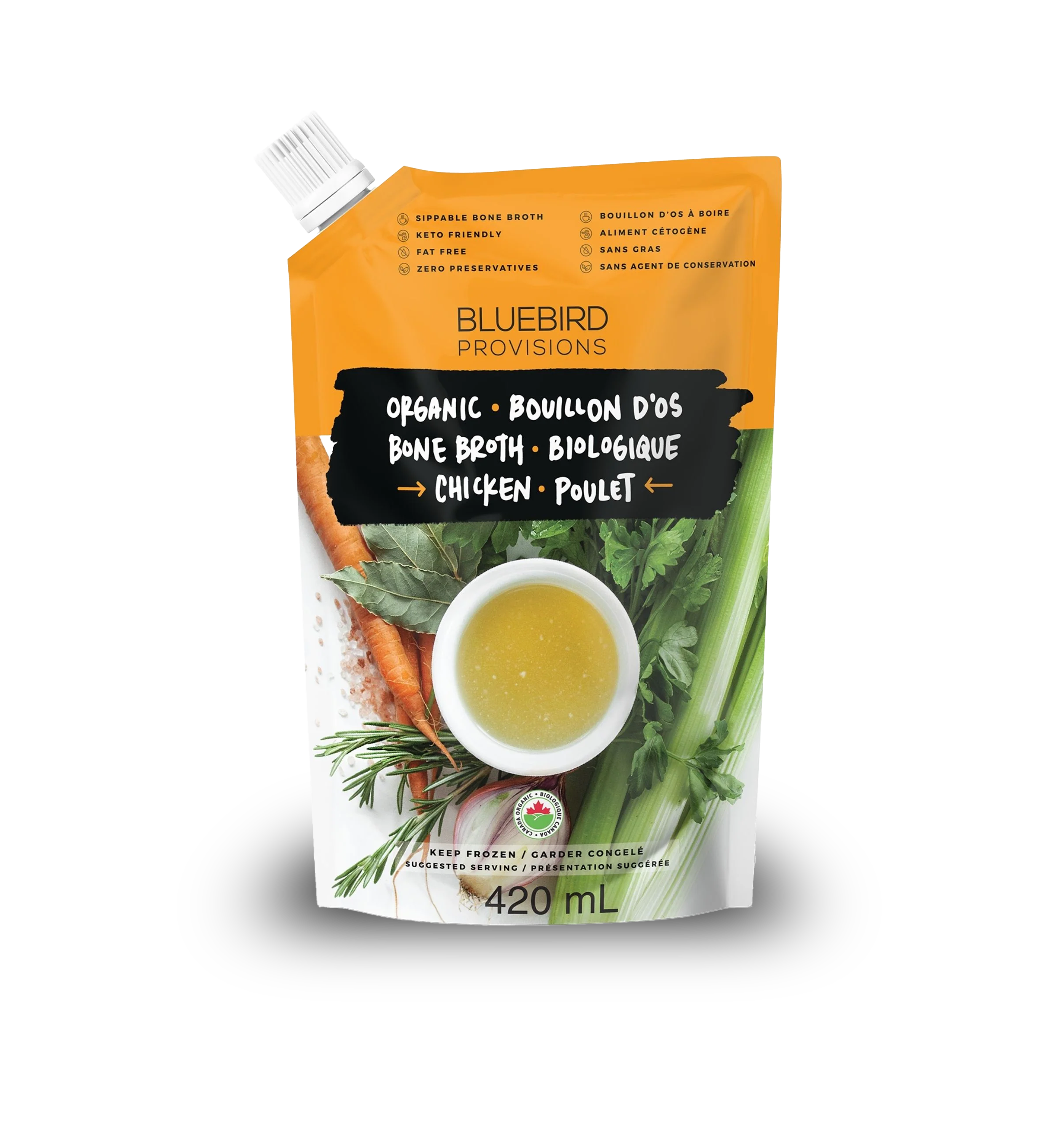

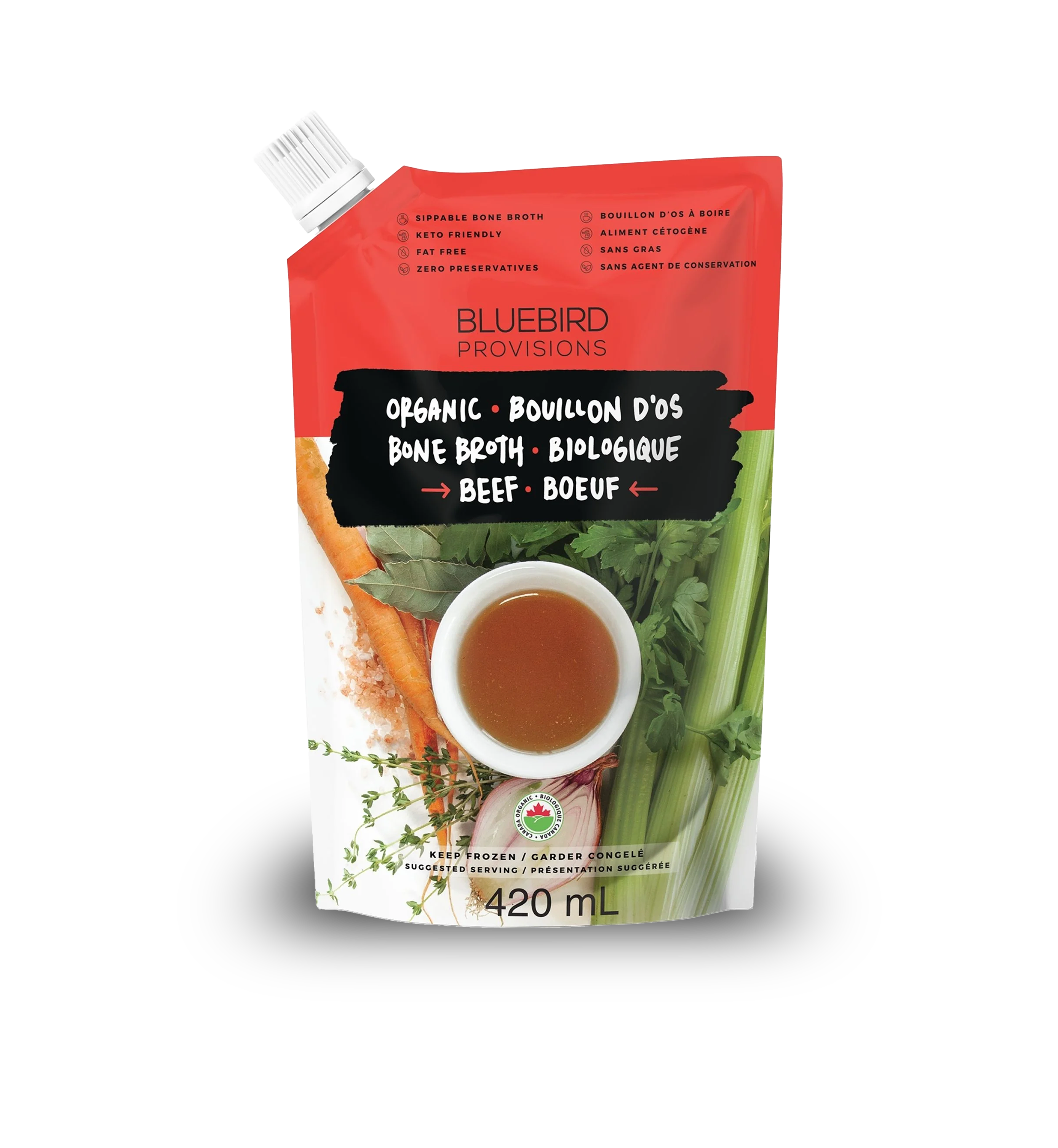
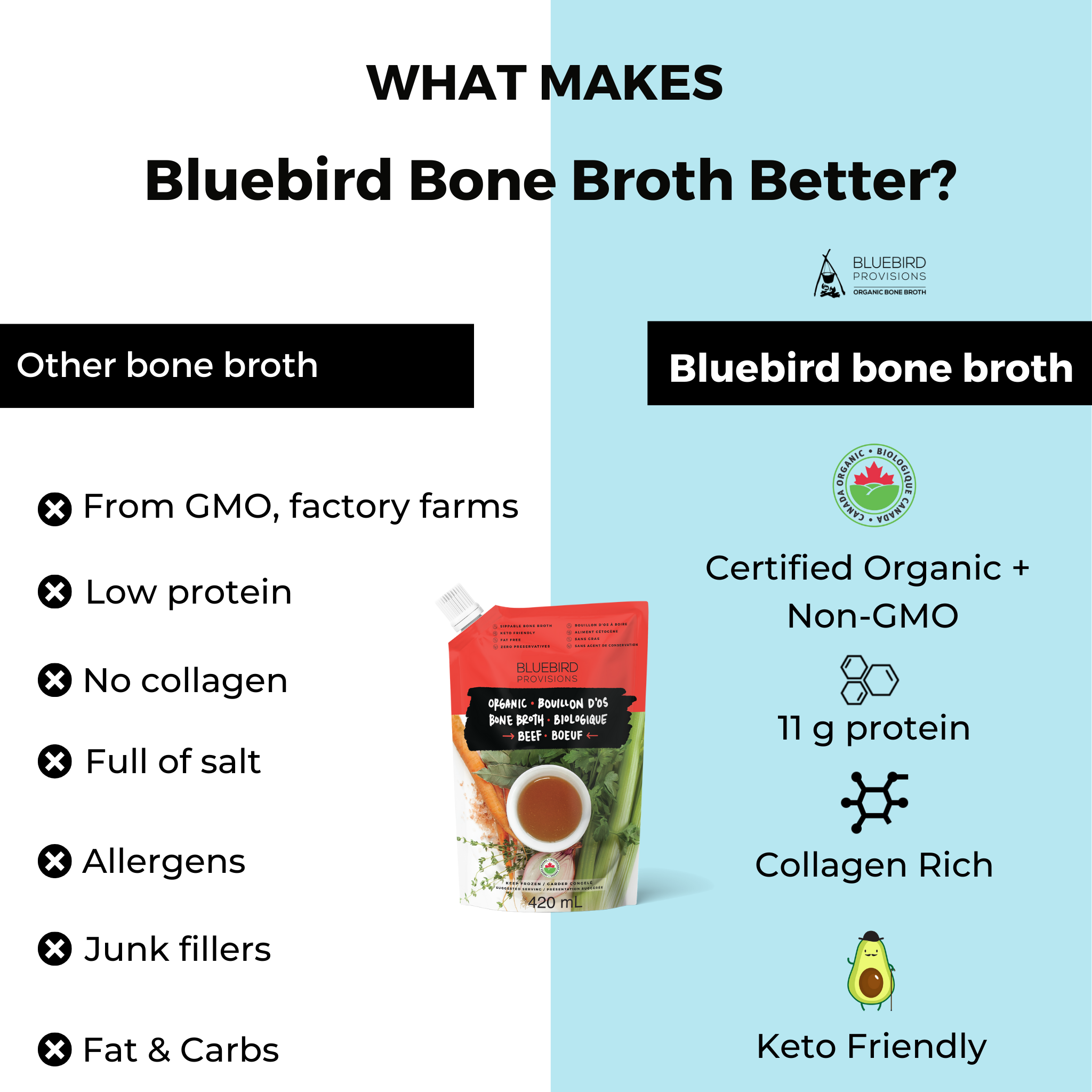
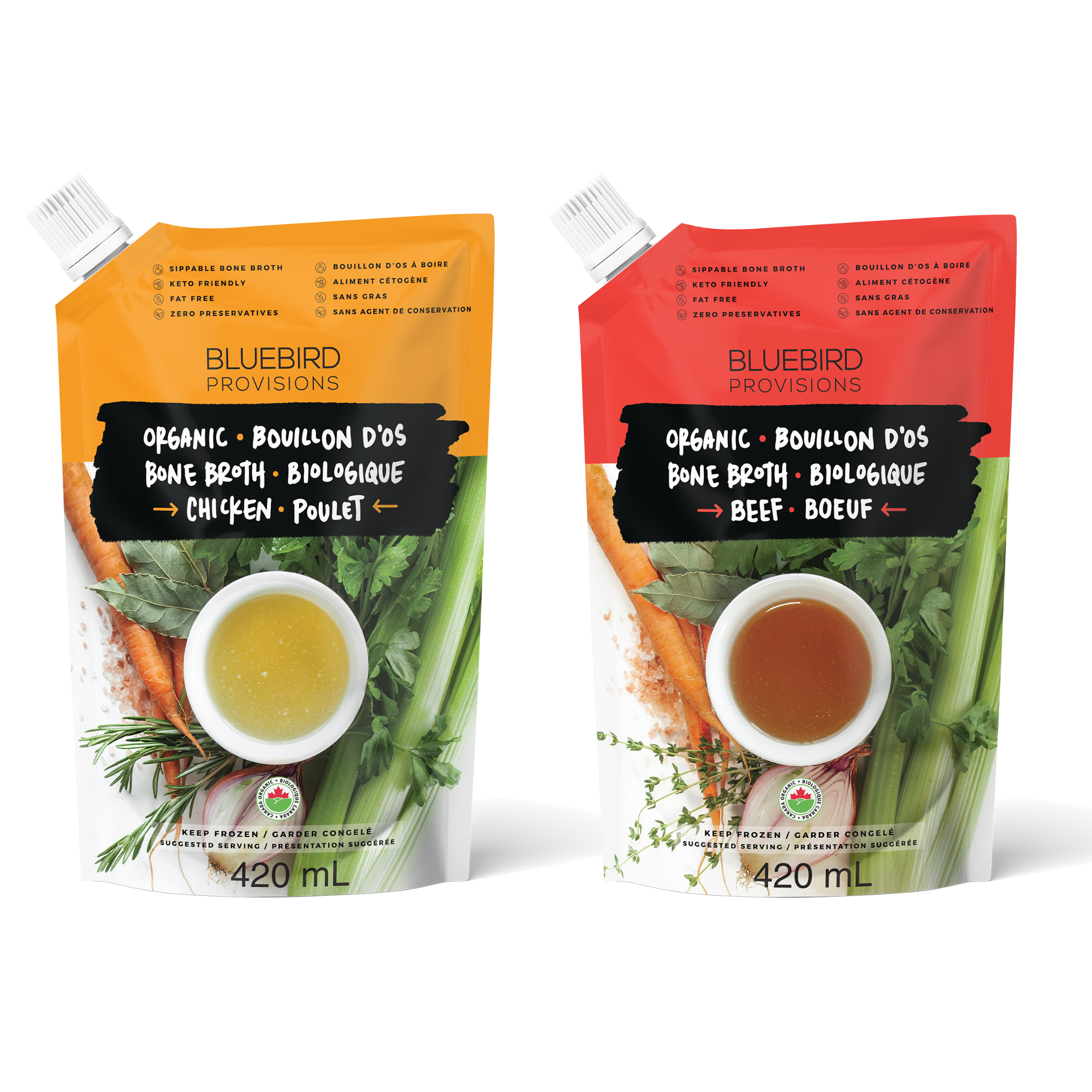

Leave a comment
This site is protected by hCaptcha and the hCaptcha Privacy Policy and Terms of Service apply.